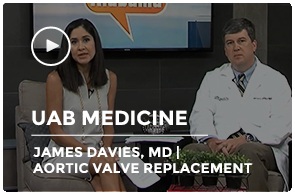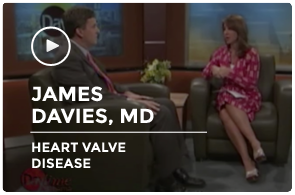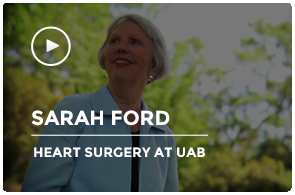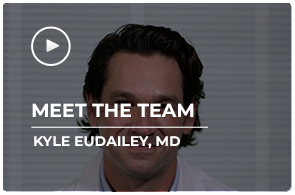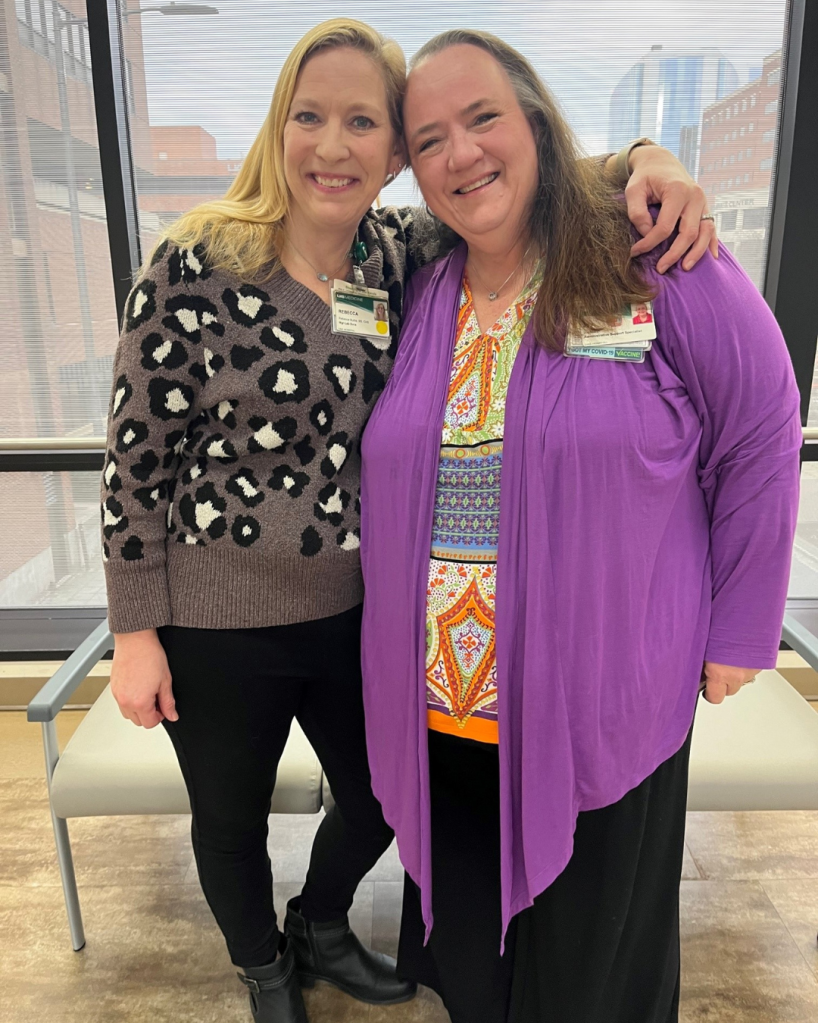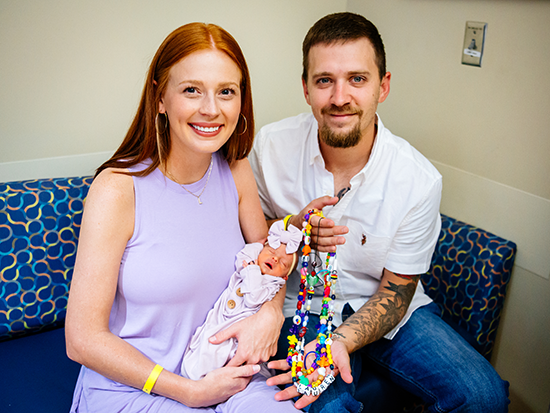Mitral valve prolapse, or MVP, is a condition in which the valve between the heart’s left upper chamber and the left lower chamber does not close properly. The flaps of the mitral valve bulge into the left atrium every time the heart contracts, keeping the valve from closing tightly. If blood leaks backward through the valve, it is called mitral valve regurgitation. If only a small amount leaks, it likely will not cause problems, but if it is severe, it may require treatment. Listening to it through a stethoscope, MVP often produces a clicking sound as the valve’s flaps billow out, followed by a murmur as blood flows back into the chamber. Treatment depends on the severity of the symptoms.
Mitral valve (MV) repair is a treatment for mitral valve disease, including for a leaking (regurgitant) mitral valve and a narrowed (stenotic) mitral valve. The MV is located between two chambers of the heart, the left atrium and the left ventricle. This valve ensures that blood flow keeps going in the proper direction. Surgery may be needed when the valve is hardened (calcified), blocking blood from moving through it, or is too loose, causing blood to flow backward (regurgitate). Repair rather than replacement of the MV is now the usual method of treating MV disease, largely because MV repair avoids the need for most blood thinning medication, and has better long-term survival. The repair is usually performed with minimally invasive methods: a doctor can operate on the heart valve through a two- to three-inch incision near the breastbone or through some smaller cuts in the chest that allow the use of a tiny camera and special surgical tools (endoscopic surgery). Open surgery with advanced techniques may be required in more complex cases. A heart-lung machine may be used while the valve is repaired. A patient may expect to spend three to five days in the hospital after surgery, including up to two days in an intensive care unit.
The UAB Structural Heart & Valve Program is the oldest and largest program of its kind in Alabama. It provides ongoing care – sometimes for life – to patients who have or are at risk for structural heart and valve disease. Our experienced surgeons and cardiologists take a comprehensive approach to diagnosing and treating this condition, and their expertise ranges from traditional open-heart surgery to robotic-assisted valve repair and the latest in minimally invasive surgical techniques, which require only small incisions (cuts).
The UAB Structural Heart & Valve Clinic has achieved several important milestones in the past decade. In 2012, we performed the first transcatheter aortic valve replacement (TAVR) in Alabama, and UAB has performed more TAVR procedures than any other hospital in the state. As an added service, patients who have been told by non-UAB doctors that they need valve surgery can speak to a UAB structural heart and valve surgeon for a second opinion.
Videos
Resources
- UAB Cardiovascular Surgery Patient Guide 2022
- UAB Division of Cardiothoracic Surgery
- UAB Division of Cardiovascular Disease
- NIH Mitral Valve Prolapse
- Mitral Valve Surgery – Minimally Invasive
- American Heart Association
Related Specialties
- Aortic Insufficiency
Aortic Periprosthetic Leak
Aortic Stenosis
Pulmonary Valve Stenosis
Heart Valve Disease
Mitral Insufficiency
Clinical Trials
Speak to your physician about your options and browse the link below for more information
Latest News
View All News-
Voucher awards will accelerate spatial biology research
April 2, 2025
-
How to help children develop heart-healthy habits
February 27, 2025
-
“A blessing to be able to be here” — UAB employees provide fellow employee lifesaving care after cardiac arrest
February 11, 2025
-
Women’s heart health: Here is what you should know
February 3, 2025
-
Managing cardiovascular risk factors can influence health outcomes for carriers of the transthyretin V142I variant
January 14, 2025

